Are you worried about the safety of your building’s occupants in case of an emergency? If so, then you should be aware of the occupant load and exit requirements. These requirements are designed to ensure that there are enough exits to safely evacuate everyone from the building in a timely manner.
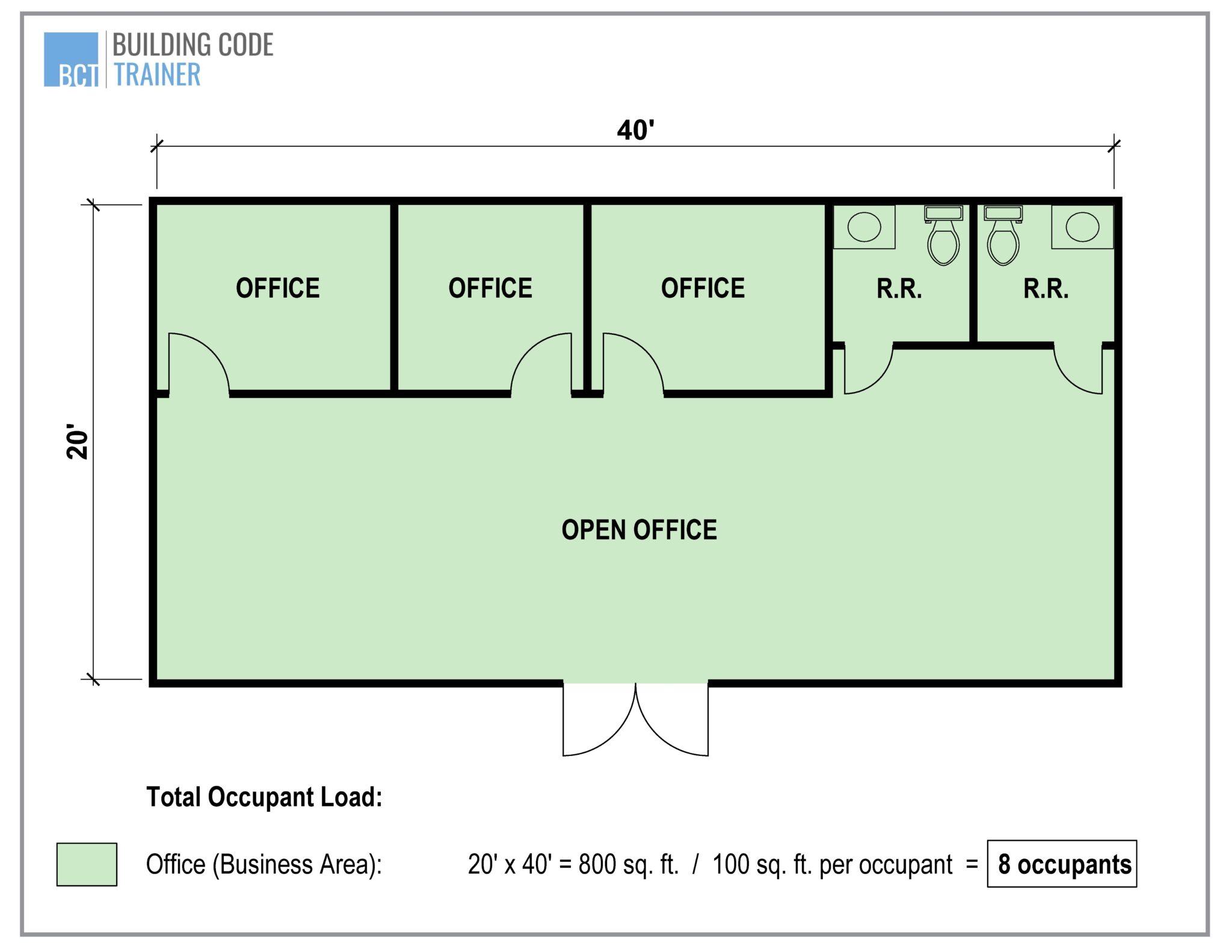
How To Calculate Area Load – Haiper – Source haipernews.com
Determining the Number of Exits
The first step in determining the number of exits required is to calculate the occupant load. This is the maximum number of people that are allowed to occupy the building at any one time. The occupant load is determined by the building’s use and the size of the rooms.
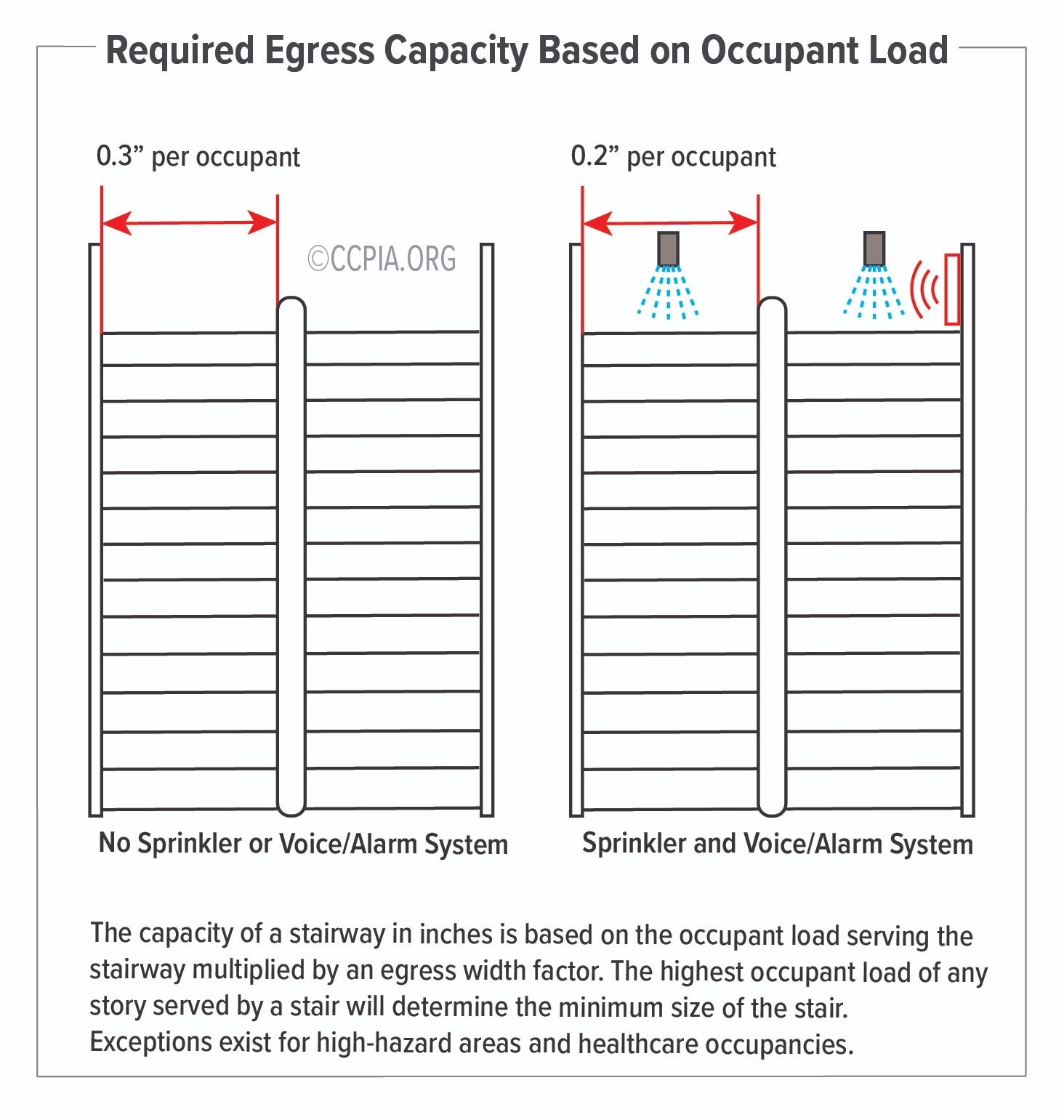
Required Egress Capacity Based on Occupant Load – Inspection Gallery – Source www.nachi.org
Once the occupant load has been determined, the next step is to calculate the required number of exits. This is done by dividing the occupant load by the number of occupants per exit. The number of occupants per exit is a fixed number that is determined by the building code.
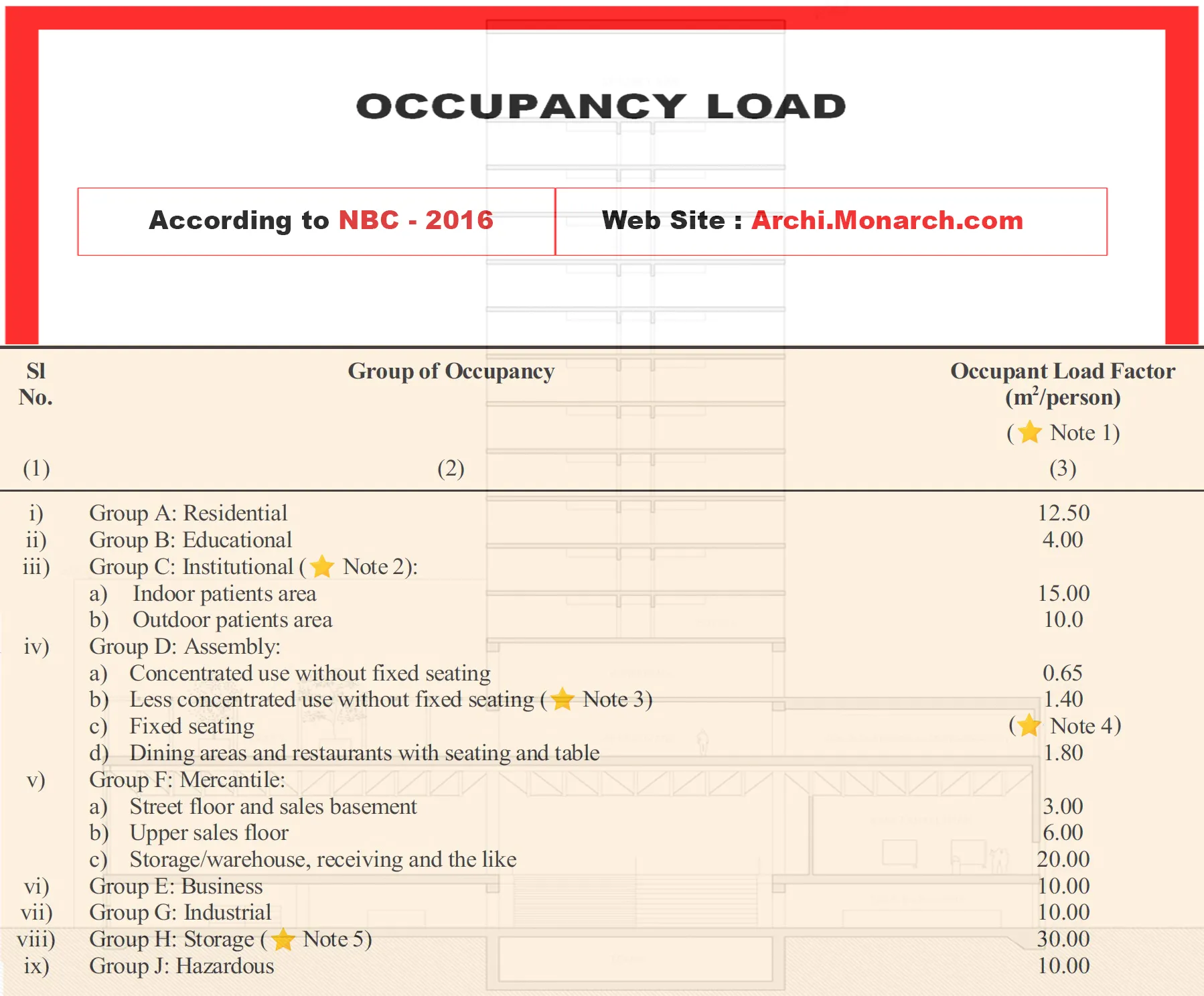
OCCUPANT LOAD CALCULATION ⋆ Archi-Monarch – Source archi-monarch.com
The final step is to determine the location of the exits. The exits must be located so that they are easily accessible from all parts of the building. They must also be free of any obstructions.

(PDF) Summary of NBCP.pdf – DOKUMEN.TIPS – Source dokumen.tips
Occupant Load And Exit Requirements: Determining The Number Of Exits
I once worked in a building that had an inadequate number of exits. This made me feel very unsafe in case of an emergency. I spoke to the building manager about the issue, and he said that he was aware of the problem and was working to get it fixed.

Exit Load – Free of Charge Creative Commons Financial 3 image – Source www.thebluediamondgallery.com
The building manager explained to me that the occupant load and exit requirements are based on the International Building Code (IBC). The IBC is a set of minimum standards for building construction and safety. The IBC requires that all buildings have enough exits to safely evacuate all occupants in a timely manner.
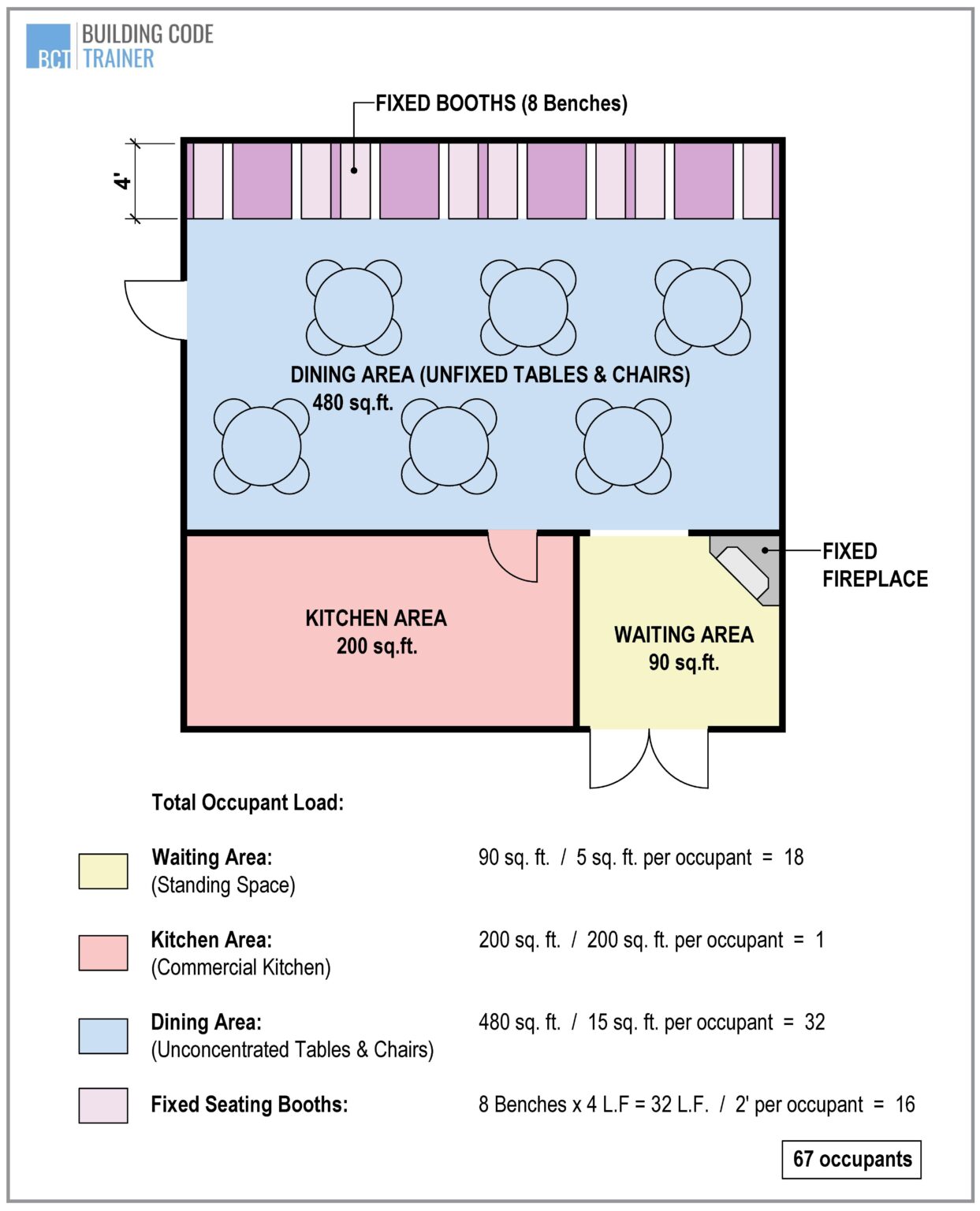
How to Calculate Occupant Load | Explained with Examples – Source buildingcodetrainer.com
The building manager also told me that the IBC has a specific formula for calculating the number of exits required. The formula is based on the building’s use, the size of the rooms, and the number of occupants.
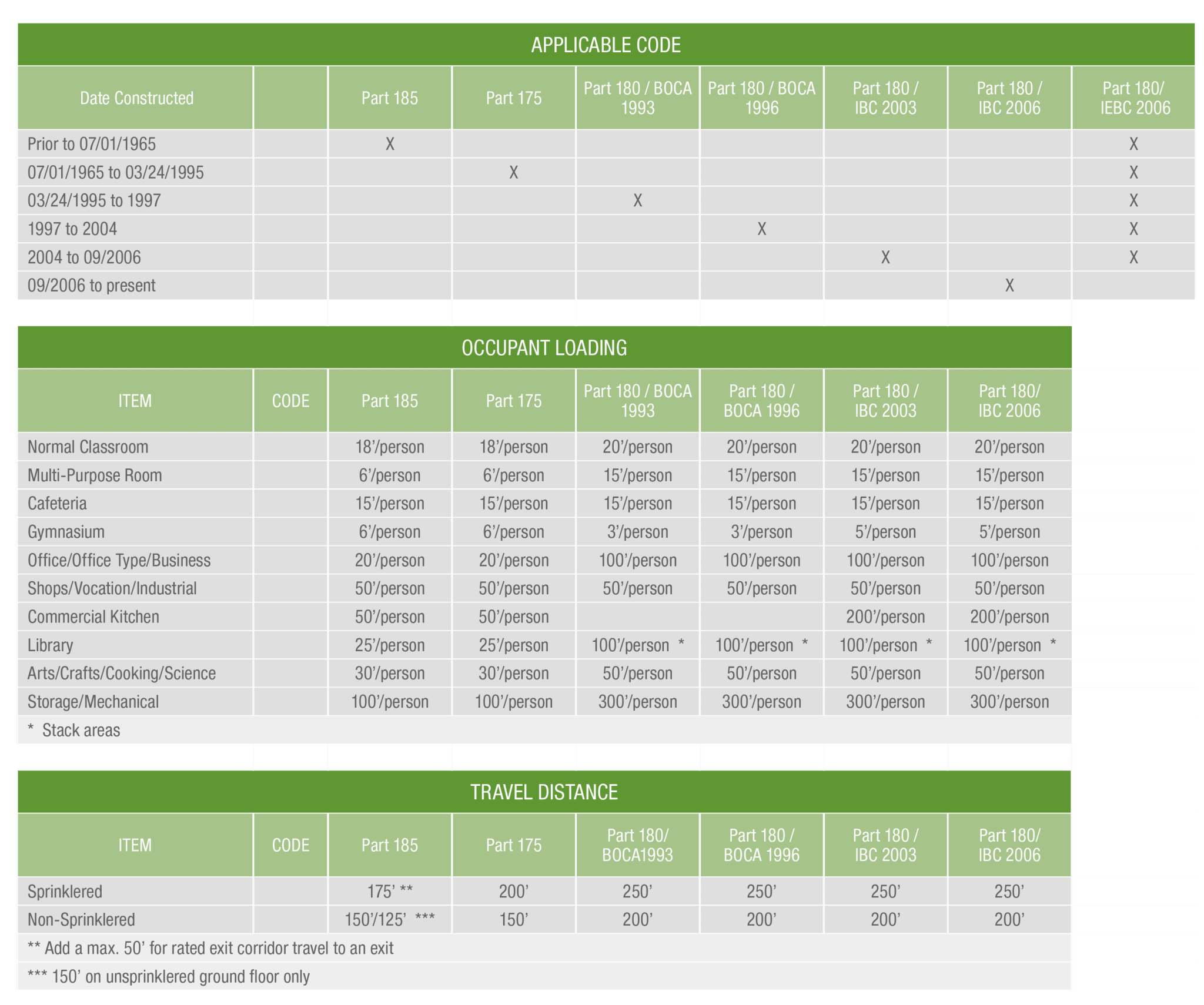
Classroom Occupant Loading and Egress: What you Need to Know – Source www.hrgreen.com
History and Myth of Occupant Load And Exit Requirements: Determining The Number Of Exits
The history of occupant load and exit requirements dates back to the early days of building codes. In the late 1800s, there were several major fires in the United States that killed hundreds of people. These fires led to the development of the first building codes, which included requirements for the number and location of exits.

Ibc Occupant Load Chart – Source mavink.com
Over the years, the building codes have been updated to reflect changes in building construction and safety practices. The IBC is the most recent version of the building code, and it includes the most up-to-date requirements for occupant load and exit requirements.

How to Calculate the Occupant Load – I Dig Hardware – Source idighardware.com
There are many myths about occupant load and exit requirements. One common myth is that the number of exits is based on the size of the building. This is not true. The number of exits is based on the occupant load, which is the maximum number of people that are allowed to occupy the building at any one time.
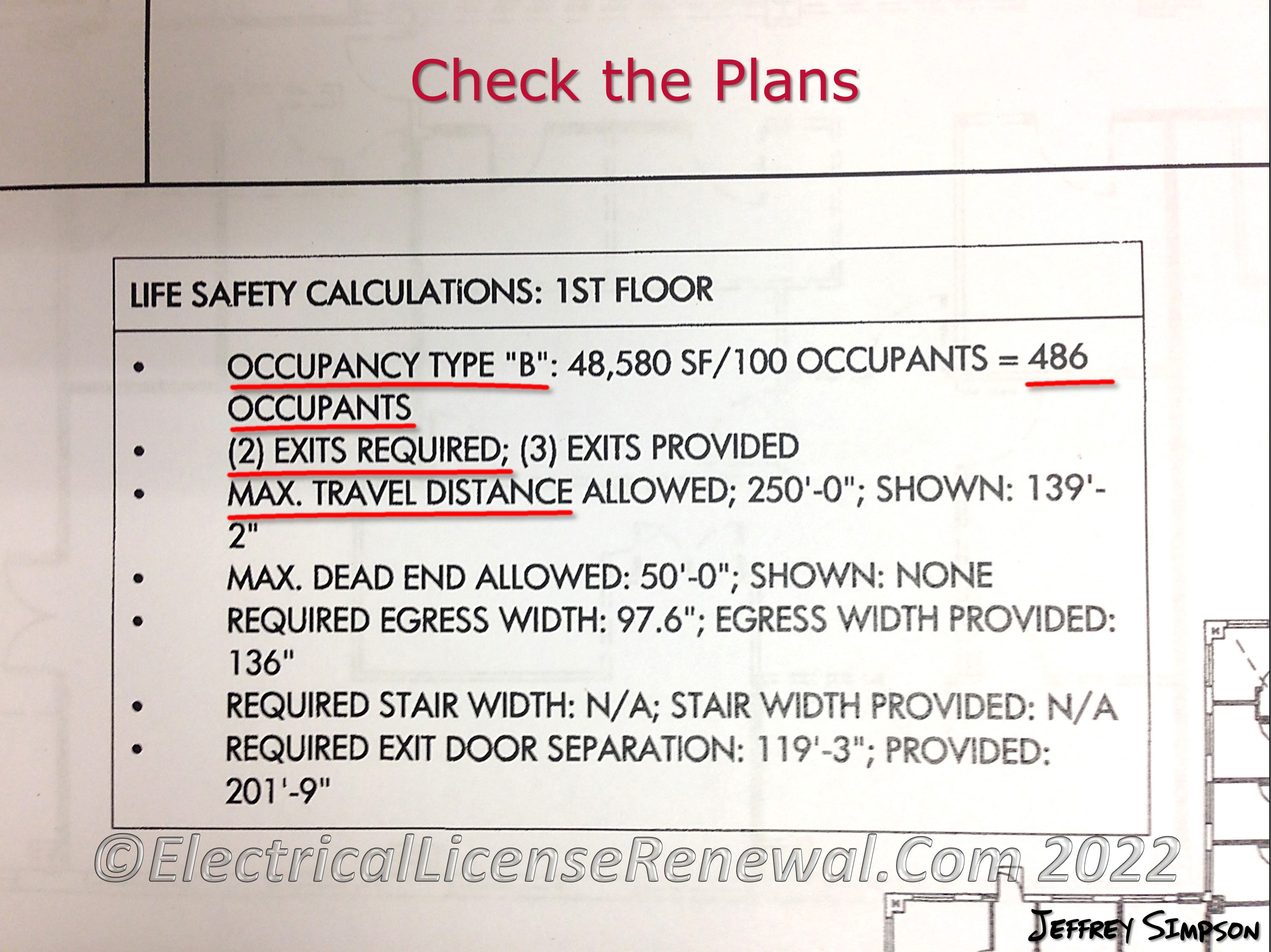
Ibc Emergency Egress Lighting Requirements | Shelly Lighting – Source shellysavonlea.net
Hidden Secret of Occupant Load And Exit Requirements: Determining The Number Of Exits
One of the hidden secrets of occupant load and exit requirements is that they can be used to improve the safety of your building. By following the requirements, you can ensure that your building has enough exits to safely evacuate all occupants in a timely manner.
In addition to improving safety, following the occupant load and exit requirements can also help you avoid legal liability. If there is a fire or other emergency in your building, you could be held liable if the building does not have enough exits.
By following the occupant load and exit requirements, you can help to ensure the safety of your building’s occupants and avoid legal liability.
Recommendation of Occupant Load And Exit Requirements: Determining The Number Of Exits
If you are not sure how to determine the occupant load and exit requirements for your building, you should consult with a qualified professional. A qualified professional can help you to calculate the occupant load, determine the number of exits required, and locate the exits.
There are many resources available to help you learn more about occupant load and exit requirements. The International Code Council (ICC) is a good place to start. The ICC is a non-profit organization that develops and publishes the building codes.
Occupant Load And Exit Requirements: Determining The Number Of Exits in Detail
The occupant load is the maximum number of people that are allowed to occupy a building at any one time. The occupant load is determined by the building’s use and the size of the rooms.
The number of exits required is determined by the occupant load. The IBC has a specific formula for calculating the number of exits required. The formula is based on the building’s use, the size of the rooms, and the number of occupants.
The exits must be located so that they are easily accessible from all parts of the building. They must also be free of any obstructions.
Tips of Occupant Load And Exit Requirements: Determining The Number Of Exits
Here are some tips for determining the occupant load and exit requirements for your building:
- Consult with a qualified professional.
- Use the ICC website to learn more about occupant load and exit requirements.
- Follow the IBC requirements.
Fun Facts of Occupant Load And Exit Requirements: Determining The Number Of Exits
Here are some fun facts about occupant load and exit requirements:
- The first building code in the United States was adopted in 1897.
- The IBC is the most recent version of the building code.
- The IBC includes the most up-to-date requirements for occupant load and exit requirements.
Conclusion of Occupant Load And Exit Requirements: Determining The Number Of Exits
Occupant load and exit requirements are an important part of building safety. By following the requirements, you can ensure that your building has enough exits to safely evacuate all occupants in a timely manner. You can also help avoid legal liability.